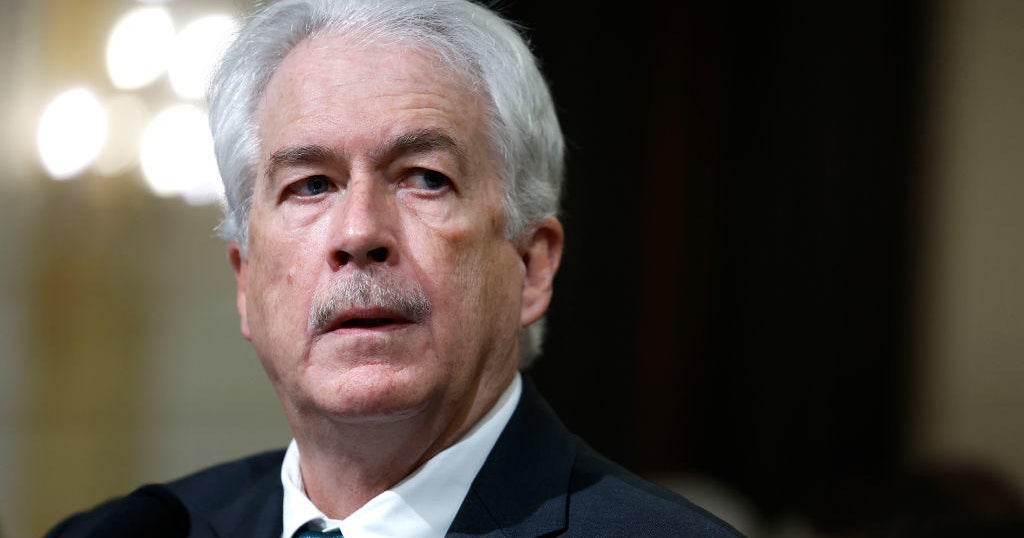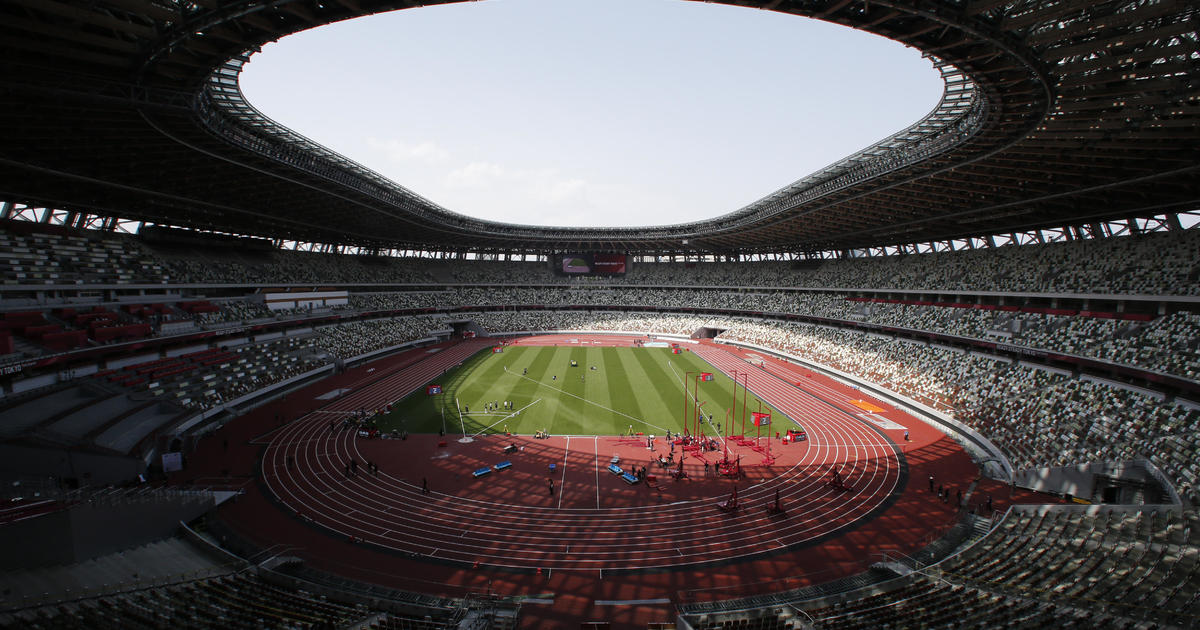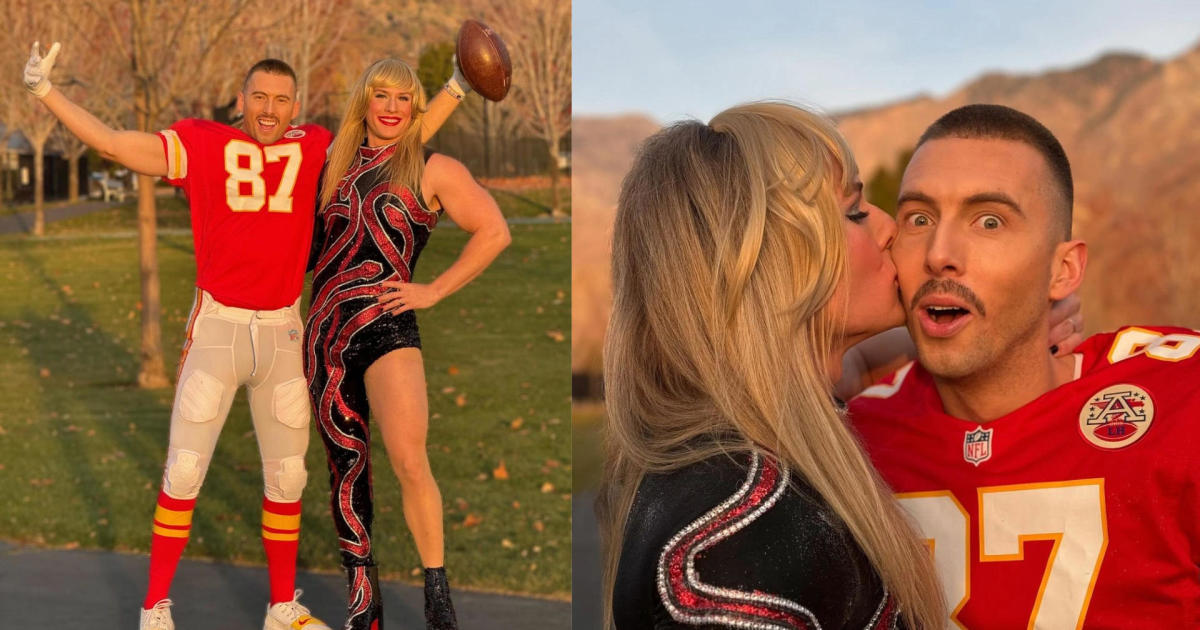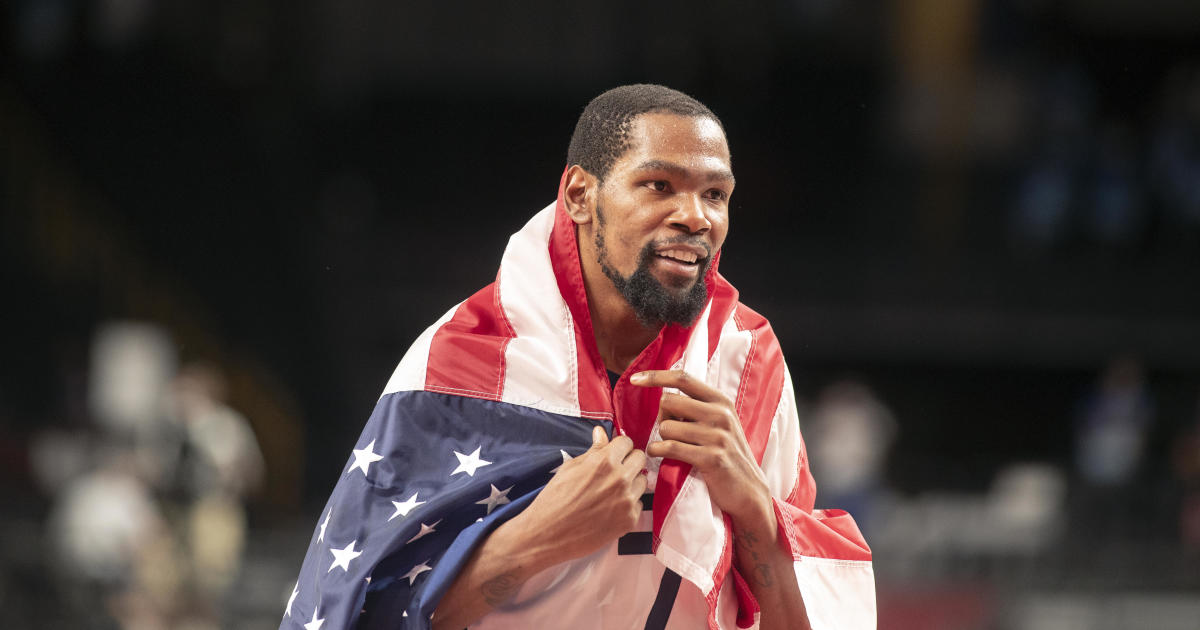Nicole Kidman, Adam Sandler featured in Cannes Film Festival lineup
PARIS -- This year’s Cannes Film Festival is offering up some curve balls, including four chances to see Nicole Kidman onscreen and Adam Sandler in a Noah Baumbach film.
But in addition to Hollywood star power, a Civil War film by Sofia Coppola, a Ukrainian road movie and a drama about AIDS activism are among the 18 films competing for top prizes this year at the international cinema extravaganza that organizers hope can help counter rising nationalist sentiment around the world.
Festival director Thierry Fremaux and President Pierre Lescure on Thursday announced a lineup that includes Cannes’ first virtual-reality entry and tackles topics from animal cruelty to the migrant crisis.
Contenders for the top Palme d’Or prize at the 70th Cannes festival include Coppola’s spooky Civil War drama “The Beguiled,” starring Kidman and Kirsten Dunst; American director Baumbach’s family saga “The Meyerowitz Stories,” starring Dustin Hoffman, Ben Stiller and Sandler; and fellow American Todd Haynes’ 1920s-set drama “Wonderstruck.”
Also aiming to impress a competition jury headed by Spanish director Pedro Almodovar are “Okja,”a fantasy thriller with an animal-rights theme by South Korea’s Bong Joon-ho starring Tilda Swinton; French director Michel Hazanavicius’ tribute to the French New Wave, “Le Redoutable”; sex-trafficking drama “You Were Never Really Here” from Britain’s Lynne Ramsay; and “The Killing of a Sacred Deer,” a thriller from Greek filmmaker Yorgos Lanthimos starring Kidman and Colin Farrell.
Kidman also appears at Cannes in John Cameron Mitchell’s out-of-competition entry “How to Talk to Girls at Parties” and in Jane Campion’s TV crime drama “Top of the Lake.”
Austrian director Michael Haneke, a two-time Palme d’Or winner, returns with “Happy End,” whose title, Fremaux noted, bears little relation to its content.
French filmmaker Robin Campillo’s “120 Beats Per Minute” looks at the rise of AIDS activism, while Fremaux called Ukrainian director Sergei Loznitsa’s “A Gentle Creature” a road movie “about the situation of Russia.”
In all, 49 films will be shown during the May 17-28 festival, including out-of-competition entries and the sidebar competition “Un Certain Regard.” Twelve of the films are by women -- up from nine last year.
Director Alejandro G. Inarritu will be in Cannes with the virtual reality short film “Carne y Arena” (“Meat and Sand”), reported to be about migrants crossing the U.S.-Mexico border.
Fremaux said it was “a beautiful film, you are shivering when you come out of it.” He compared the wonders of virtual reality to the wonders unleashed by cinema’s founding fathers the Lumiere brothers more than a century ago.
Security will be tight for festival, which is held just down the French coast from Nice, where an Islamic State group-inspired truck attack killed 86 people in July.
Lescure said security was “at its maximum” in 2016 and “there were no serious incidents.”
“I hope to see the same results this year,” he said.
Global events will cast a shadow over Cannes’ famous Croisette, the town’s picturesque seafront promenade, after a year that has seen Britain’s vote to leave the European Union and the election of the unpredictable U.S. President Donald Trump.
France will have a new president by the festival’s opening night, with the final stage of the country’s two-round election set for May 7.
In a reflection of changing industry economics, several entries at Cannes this year were funded by Netflix or Amazon. And this hallowed ground of cinema is also making room for television, with previews of David Lynch’s revived “Twin Peaks” and a new series of Campion’s “Top of the Lake.”
Political documentaries include “An Inconvenient Sequel,” follow-up to Al Gore’s climate-change movie “An Inconvenient Truth”; Claude Lanzmann’s film about North Korea, “Napalm”; and actress Vanessa Redgrave’s directorial debut “Sea Sorrow,” about refugees and those trying to help them.
“Sometimes people say the Cannes film festival is very political,” Fremaux said. “It’s not true. It’s not us, it’s not me -- it’s cinema. The makers are concerned about politics.”
Fremaux said he hopes the festival can “look to the future” and hold “the promise of living together in harmony.”



